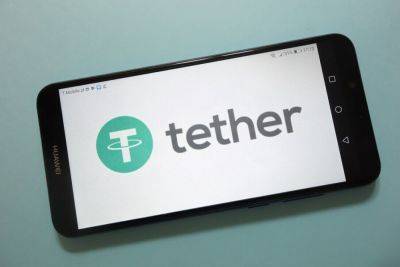StarkWare, Herodotus launch tech to verify data from any point in Ethereum's history
A new zero-knowledge proof (ZK-proof) technology is set to improve the ability to access and verify historical data from the Ethereum (ETH) blockchain, with deep chain validation cited as a usability barrier of the network.
Technology firm Herodotus has released its on-chain accumulator which uses storage proof cryptography, allowing users to verify data from any point of Ethereum’s blockchain without the need of a third-party. The solution makes use of StarkWare’s STARK proving, the ZK-proof technology co-invented by mathematician Eli Ben-Sasson.
StarkWare presented Herodotus with a custom built instance of its shared prover service SHARP, which enables advanced scaling efficiency using recursive proofs. The latter allows for a virtual machine to provide “proofs of proofs”, by generating proofs of transactions or blocks in parallel and real time and batching them into a subsequent proof.
Related: More TPS, less gas: Ethereum L2 Starknet outlines performance upgrades
At a slightly more technical level, the accumulator acts as a cache that stores block headers. If the accumulator has a header in its cache, the respective storage proof computation can use it for validation.
If the header is not cached, then the prover has to generate a proof to cover the requested block range, add the block header to the accumulator and then complete the requested storage proof computation.
As the name suggests, the on-chain accumulator essentially accumulates proofs that roll-up prior proofs, drastically reducing the time it takes to verify the Ethereum blockchain and associated data at any point in the network’s history.
Herodotus chief technology officer Marcello Bardus notes that the technology removes the need to traverse the entire
Read more on cointelegraph.com






















